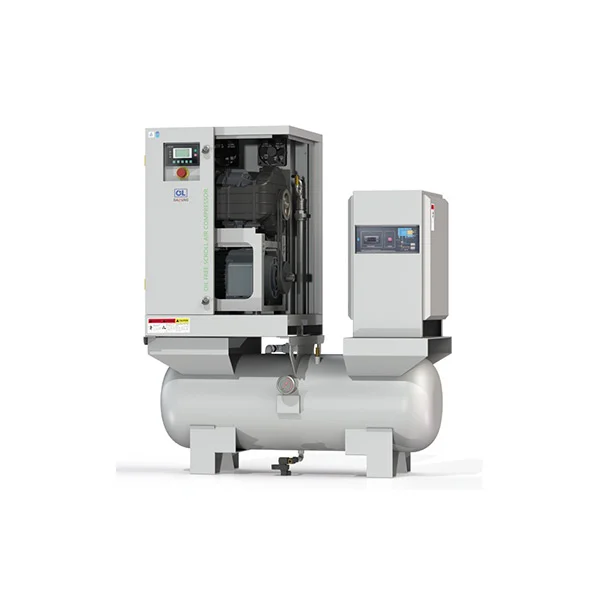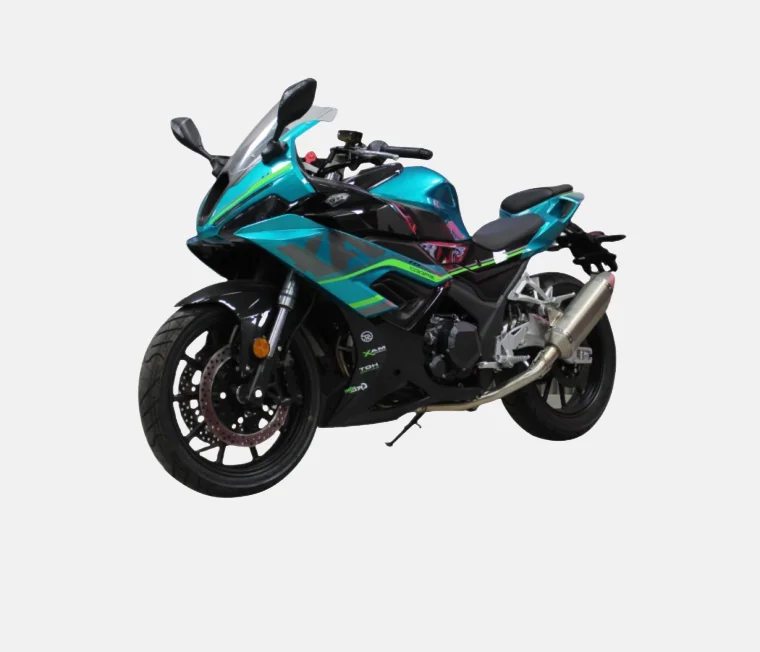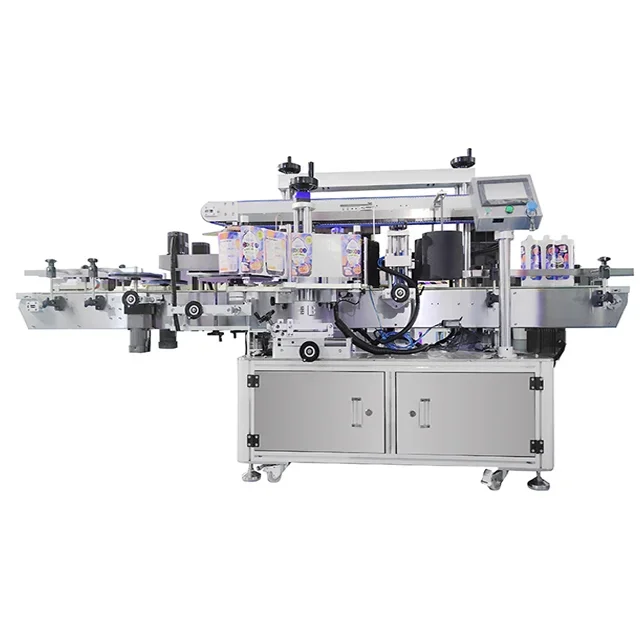The Ultimate Guide to Choosing the Best Fabrics for Daily Wear: Comfort Meets Style
When it comes to daily wear, the fabric you choose can significantly impact your comfort, style, and overall well-being. With a plethora of options available, understanding the characteristics of different materials is essential for making informed decisions. This guide delves into the best fabrics for everyday clothing, considering factors such as breathability, durability, maintenance, and environmental impact.
- Understanding Fabric Types
Before diving into the best fabrics for daily wear, it’s crucial to understand the primary categories of fabrics: natural, synthetic, and blends.
- Natural Fabrics: These are derived from plants or animals. Common examples include cotton, linen, wool, and silk. They are often praised for their breathability and comfort.
- Synthetic Fabrics: Made from chemical processes, synthetic fabrics like polyester, nylon, and spandex are known for their durability and stretchability. However, they may lack breathability compared to natural fibers.
- Blended Fabrics: These combine natural and synthetic fibers to leverage the advantages of both. For instance, a cotton-polyester blend can offer comfort and wrinkle resistance.
- Top Fabrics for Daily Wear
a. Cotton
Cotton is a perennial favorite for daily wear due to its softness, breathability, and versatility. It is suitable for various clothing items, from t-shirts to dresses. Cotton is also hypoallergenic, making it an excellent choice for those with sensitive skin. However, it can wrinkle easily and may shrink if not washed properly.
b. Linen
Linen is another natural fabric that excels in hot weather. Its loose weave allows for excellent airflow, keeping you cool and comfortable. Linen garments have a relaxed, casual aesthetic, making them perfect for summer outings. However, it is prone to wrinkling, which can be a drawback for some.
c. Wool
Wool is often associated with winter wear, but lightweight wool blends can be suitable for year-round use. Merino wool, in particular, is soft, breathable, and moisture-wicking, making it ideal for daily wear. It regulates body temperature, keeping you warm in winter and cool in summer. Additionally, wool is naturally odor-resistant, which is a significant advantage for active individuals.
d. Polyester
Polyester is a synthetic fabric known for its durability and resistance to shrinking and stretching. It is often blended with natural fibers to enhance their performance. Polyester is easy to care for and dries quickly, making it a practical choice for active wear. However, it may not be as breathable as natural fabrics, so consider moisture-wicking options for comfort.
e. Bamboo
Bamboo fabric has gained popularity in recent years due to its eco-friendly properties. It is soft, breathable, and has natural antibacterial qualities, making it an excellent choice for daily wear. Bamboo is also moisture-wicking, which helps keep you dry and comfortable throughout the day. However, the production process can vary, so it’s essential to choose brands that prioritize sustainable practices.
- Factors to Consider When Choosing Fabrics
When selecting the best fabric for daily wear, consider the following factors:
- Climate: The weather in your area plays a significant role in fabric choice. Lightweight, breathable fabrics like cotton and linen are ideal for hot climates, while wool and heavier blends are better suited for colder environments.
- Activity Level: Your daily activities will influence your fabric choice. For active lifestyles, moisture-wicking and stretchy fabrics like polyester or spandex blends are ideal. For more relaxed days, breathable natural fabrics may be preferable.
- Maintenance: Consider how much time you want to spend on laundry. Natural fabrics like cotton and linen may require more care, while synthetic fabrics are often more low-maintenance.
- Sustainability: With growing awareness of environmental issues, many consumers are now considering the sustainability of their clothing choices. Fabrics like organic cotton, Tencel, and bamboo are more eco-friendly options.
- Conclusion
Choosing the best fabric for daily wear is not just about aesthetics; it’s about comfort, functionality, and sustainability. By understanding the characteristics of various fabrics and considering your lifestyle needs, you can make informed choices that enhance your daily wardrobe. Whether you opt for the timeless comfort of cotton, the breathability of linen, or the durability of polyester, the right fabric can elevate your everyday experience. Embrace the journey of discovering fabrics that not only look good but also feel good against your skin, and contribute positively to the environment.



